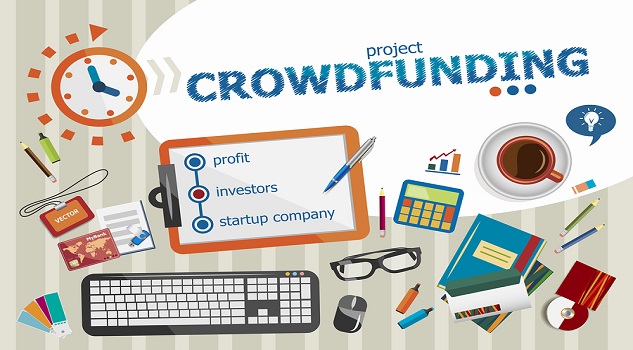We are seeing a trend of new businesses, start-ups and millennial-preneurs kick-starting their ventures through crowdfunding and seed funding. And, while this is a great way of funding their businesses and products, it is all too common that these organisations lack the foundation for building a real business, instead focusing too much on launching their product to market and the almighty “idea”.
Plenty of great crowdfunded ideas have seen major success, but far fewer businesses and brands have stood the test of time. This is a testament to the fact that it takes a fair share more than a consumer-vestor that is willing to invest in your start-up, for your business to remain competitive the marketplace.
Without a long-term plan and having designed your business to withstand the test of time, even the best newly funded new high-flier is destined to fail. As the saying goes, fail to plan and you plan to fail.
These businesses really operate with too much faith in that “one product”, with little to no thought in terms of brand vision, scaling, developing product groups, segmenting customer bases or creating a real business with a long-term vision. This is why although many crowdfunded campaigns are “successful”, many fail to turn into real businesses*. Yes, as a seed investor there is a solid ROI if all goes well, however, the failure rate is nothing to sniff at.
Too often, a “one-hit-wonder” scenario emerges for those that have successfully funded campaigns and have thus launched their invention, tech gadget or service with a big bang – only to find that to sustain a business in the market over time takes more than just a quickly-funded great new product or service.
Sure, it’s a great way to fund a venture, but without putting thought into business longevity and how to create sustained presence in the market and by focusing on the 15 minutes of fame of a quickly-launched product or concept, you end up spinning your wheels and wasting time that could be otherwise spent creating a real business.
Educating oneself about the fundamentals of business, doing thorough due diligence on your target market, key audience, their trends and behaviours and your direct and indirect competitors, ought to be one of the first steps, well before reaching out to fund the development or production of the product itself. Equally as paramount to creating a successful business is knowing the difference between real data and perceived data.
It surprises me, again and again, how much people starting out tend to listen to their peers and families who often have not been in business or launched a new concept, but usually give the most advice. Not unlike how many people approach investing in property or shares based on hear-say, really.
Today we have an abundance of access to research, industry stats, and ways to pretest a product to the audience and survey them. Yet, all too often the enthusiasm of getting their idea to market sees “start-up entrepreneurs” go past the hard yards of research, testing and straight to funding and heading to market. Likewise, most tend to not look for suitable mentors or business development advice in order to not only get their business off the ground but keep it airborne. Without know-how and guidance from those that have been there you drastically lower the chance of survival, despite however much money a crowd of people is willing to throw at it.
It’s simply the logical thing to do when you want to go somewhere you have not been before – ask people who have been there before! I don’t understand why so many start-up and new businesses ignore this and end up being part of the growing statistic of those that fail or become quickly forgotten one-hit-wonders – don’t be a cautionary tale for others, instead start your business on the right foot and be patient before funding an “idea”.
Dale Gillham, Co-Founder and Chief Analyst, Wealth Within
*www.forbes.com/sites/davidprosser/2016/09/13/crowdfunding-delivers-a-40-return-and-a-40-failure-rate/










